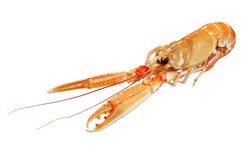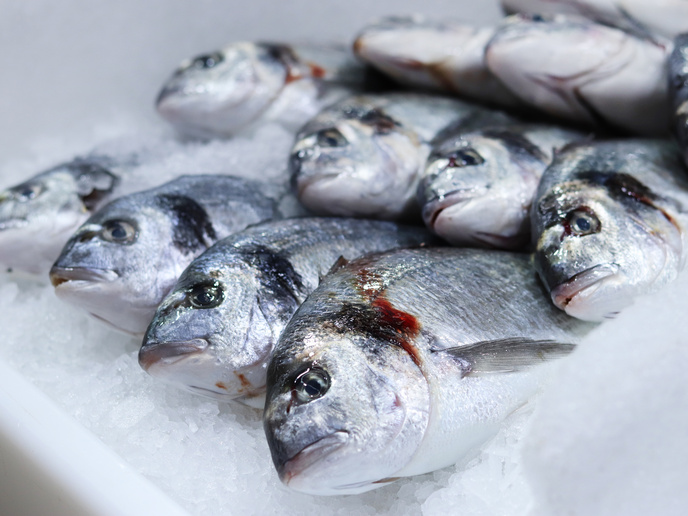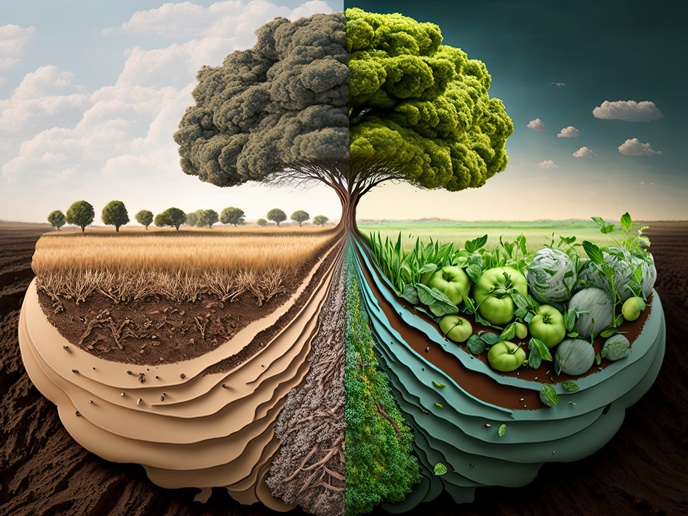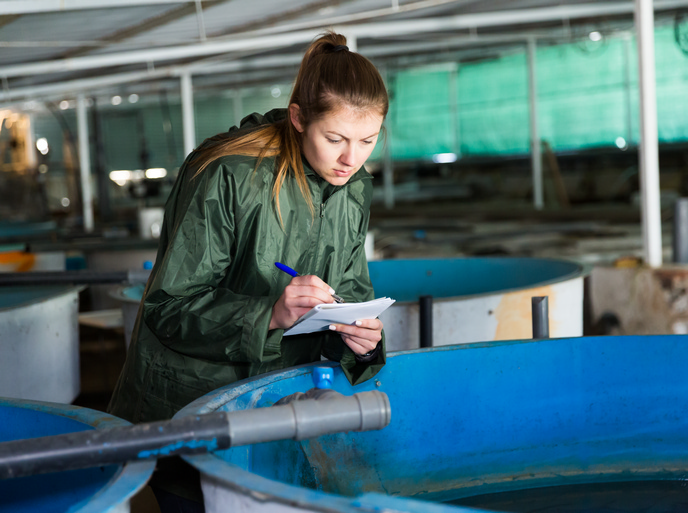A sustainable solution to harvest lobster
The sea represents an important source of food for the planet, and efficient technologies to catch and process fish are pivotal for the sustainability of the seafood industry. Valuable langoustine and Norway lobster, scientifically known as nephrops, are usually caught using trawlers. This method however is not as sustainable or as ecological as creeling or potting, i.e. catching the crustaceans in a creel, a specific type wicker basket. With this in mind the EU-funded NEPHROPS (Development of new techniques in hatchery rearing, fishery enhancement and aquaculture for Nephrops) project worked on new ways to make creeling more profitable. The project team considered hatcheries, baits, pots site selection, diet and release of non-commercial sized stock in order to develop a new solution. It disseminated knowledge and protocols on the subject online to identify the most ideal areas for fishing and to promote successful maturity of species involved. Generally, nephrops caught in a pot or creel can help sustain small-scale sustainable fisheries in seaside fishing areas, yielding larger (more profitable) crustaceans in a more eco-friendly way and with less cost. Against this backdrop the project team developed a new creel-based method to ranch smaller nephrops until they reach the desired size by exploiting the most ideal conditions. This involved improvements in bait and creel design which can be taken up and developed by SMEs in the sector. Businesses in the field can benefit from the knowledge generated, which could help them diversify or increase volume of nephrops produced. The feasibility of the new rearing, capture and ranching techniques will help SMEs in the field to improve business and create more sustainable methods for putting Norwegian lobster on the table.







